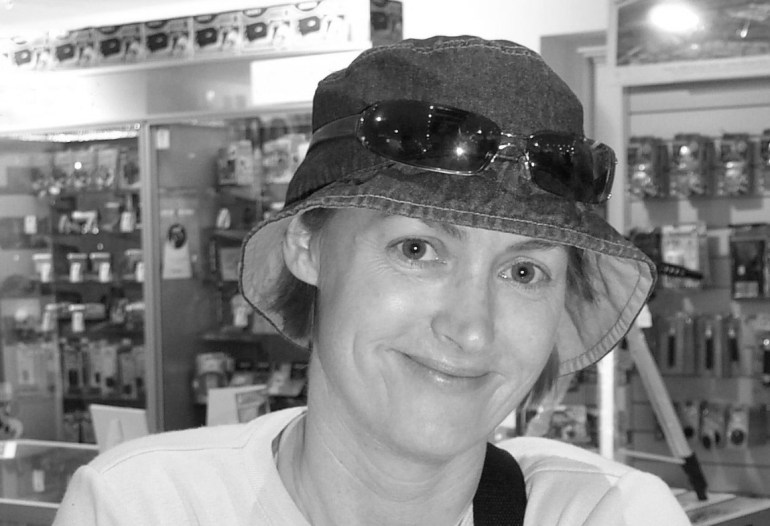Trudi Houston Refshauge.
AFTRS has announced that Trudi Houston Refshauge will be the recipient of this year’s $20,000 Foxtel Screenwriting Scholarship for Diverse and Under-represented Students.
The scholarship will enable Houston Refshauge, a regionally-based female writer in her 50s, to complete the AFTRS Masters of Arts Screen: Screenwriting, which she commenced earlier this year. She may also have the opportunity to undertake a work attachment at Foxtel.
While working on her family’s property at Woodstock in the Central West of NSW, Houston Refshauge has focused on developing her writing skills. She won the Banjo Patterson Short Story Writers Competition and was lauded by her lecturers as one of the best online students they had taught when completing an AFTRS Open screenwriting course.
The Foxtel Screenwriting Scholarship for Diverse and Under-represented Students has been awarded over the past three years to develop Australian screenwriting talent, with a focus on diversity. It selected on the basis of merit from eligible students from diverse cultural, ethnic or socio-economic backgrounds, or from otherwise underrepresented minority groups.
Foxtel’s executive in charge of drama production Carly Heaton said: “Foxtel believes that building a thriving and vibrant media, arts and film environment in Australia demands investing in a rich diversity of talented Australians drawn from every corner of every community. Through our relationship with AFTRS we are able to expand that diversity and support a new generation of screen writers through the Foxtel Screenwriting Scholarship for Diverse and Under-represented Students. We are delighted to award Trudi with this year’s scholarship and look forward to seeing her talents grow.”
AFTRS Director of Curriculum and Student Registrar Nell Greenwood said: “Trudi shows exceptional writing talent and, with her wealth of life experience, she is keen to write stories for more mature female audiences and to offer perspectives that represent both regional and rural Australia.”


